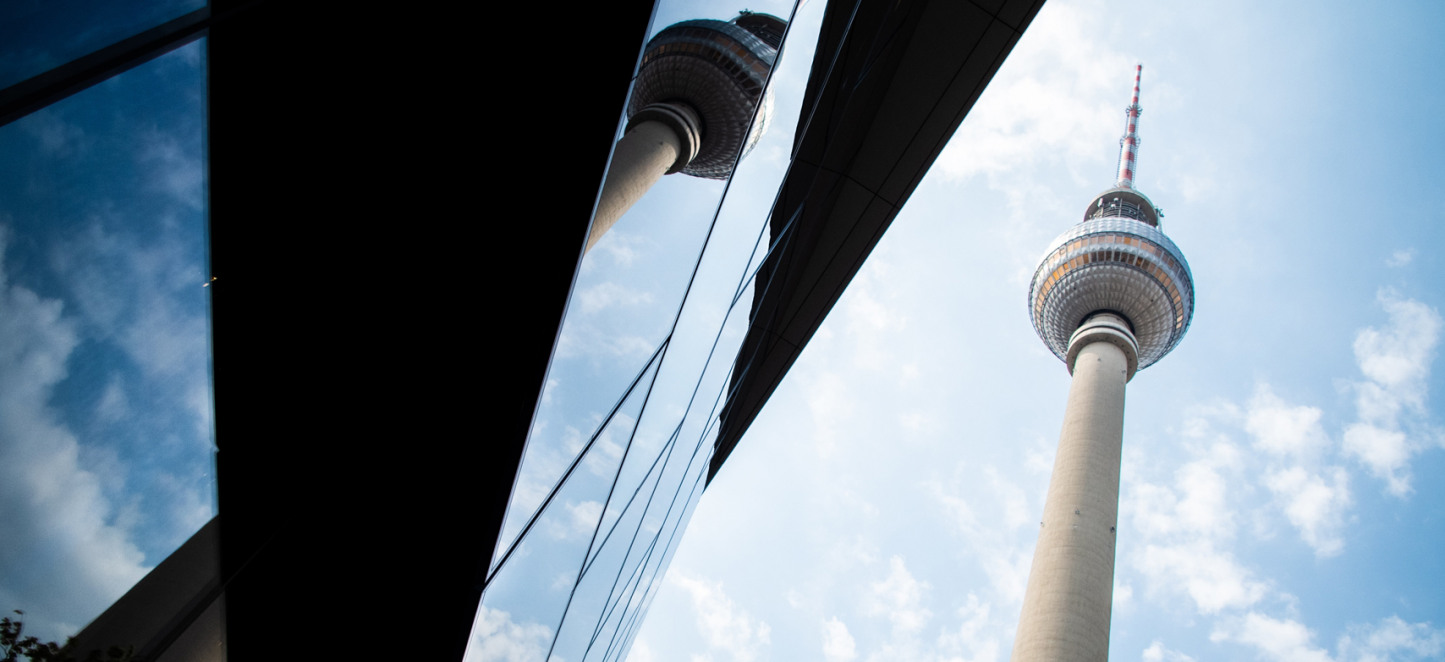The last year and a half has been a vivid illustration of the overwhelming importance of science for our lives as a community.
Recommended by experts

Governing Mayor of Berlin and Senator for Higher Education and Research
It has also shown us how essential international cooperation is to dealing with global crises – and how vital it is that scientific insights and research processes are communicated and explained in a readily understandable manner.
As a result, our Berlin Science Week, with its spectacular programme and partners from all over the world, is both an invitation and a call to action. Let’s discuss groundbreaking research and the power of innovation, and debate the possibilities for boosting these over the long term. Let’s talk about how we can cooperate successfully across disciplinary and national boundaries and find the solutions we need to safeguard global health, deal with climate change, or fight social inequality. And let’s keep looking for ways to facilitate a true dialogue between science and society. We can shape the future only by working together.
Berlin is the right place for all of this – especially this year, when we’re celebrating the 200th birthdays of the founding fathers of our research capital, Rudolf Virchow and Herrmann von Helmholtz, with a Science Year.
Welcome!

Ehemalige Präsidentin European Research Council
The pandemic has shown us how closely interwoven our lives and work are with the spatial environment. Spatially and temporally enclosed, digital communication media proved to be an unexpected lifeline. Since then, we have become aware that the world of work and working hours, urban space, mobility behaviour and, above all, social coexistence can be shaped differently. In the panel discussion »The Future of Work and Urban Planning«, outstanding representatives of architecture, spatial planning and social sciences will compare the aspirations of many people with options for innovative interventions. The aim is to open the door to the future of urban living and working in post-COVID times for everyone.
TIPP
8. NOV 15.00, hybrid, English
Circle Plenary Table: Future of Work
ORGANISER
Falling Walls Foundation

Generalsekretär ENHANCE Alliance
The climate crisis will be the great challenge of our time. We have learned in recent years that we need to drive forward a transformation in all areas of our society that will allow us to achieve the goals of the Paris Climate Agreement. The »European Green Deal« is one of these measures, initiated by the European Commission, which aims to make Europe a climate-neutral continent. This requires a collective and innovative research effort – it requires a networking of competences. A European Research Area can help us to develop solution concepts and technologies, and to coordinate them in a goal-oriented manner in order to make Europe more climate resilient, and to lead us to the major goal of climate neutrality by 2050.
TIPP
6. NOV 14.00, hybrid, Deutsch
EFR-Futuretalk: Wie Europa mit Forschung und Innovation die Klimakrise bewältigen will
ORGANISER
Bundesministerium für Bildung und Forschung

Leitung der Berlin School of Public Engagement & Open Science (Museum für Naturkunde Berlin, Humboldt-Universität zu Berlin)
Germany and the German university and science community are at a turning point – pandemic, climate change, anti-scientific right-wing populism and other global challenges only reinforce the need to systematically and holistically address the role of science in societal discourses, but also of societal issues and processes for science. The fact that this challenge is being considered at university leadership level is therefore particularly exciting. I look forward to the discussion on how a cultural change towards open exchange and social inclusion in scientific processes can be promoted and sustainably anchored, especially at the institutional level.
TIPP
5. NOV 12.00, hybrid, Deutsch
Wissenschaft und Gesellschaft
ORGANISER
Berlin University Alliance

Sprecher für Wissenschaft und Forschung, Senatskanzlei Berlin
The eye screens the programme and then the heart beats faster: Techno! The Berlin-Detroit Axis and what you should know about the electronic music boom. Back to the 90s on 5 November from 10 pm with music and cultural scientists from Melbourne and Birmingham. And a DJ set will make sure it‘s not a dry run. Organised by the makers of the Science Gallery, who have set up base in Berlin at the TU. On the same day, there will be high tension hours before the techno trip, when the Berlin Science Prize will be awarded again. Who it will go to this year is, of course, still a secret ...
TIPP
5. NOV 22.00, digital, English
The Berlin-Detroit Axis of Techno
ORGANISER
Science Gallery Berlin / Detroit
Erschienen im Tagesspiegel am 15.10.2021




